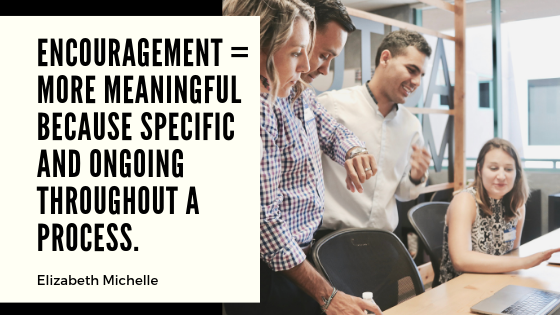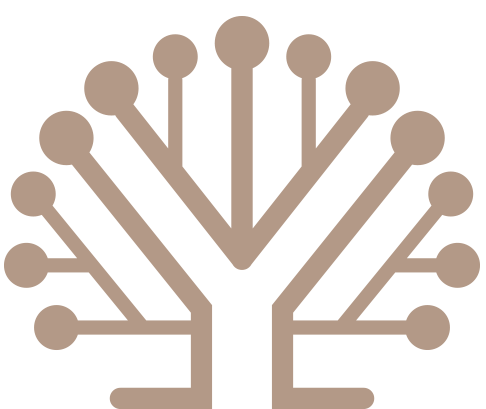

Close

Engaging a diverse workforce is a challenge for all business leaders, but engaging teens for the last decade makes adults look easy!
Work engagement is quite a new concept in the corporate world, but it’s a really important one being directly linked to performance! If I’m honest, engaging students is something us teachers have been working on forever, so it’s about time the corporate world caught up. The underlying principle is the same – engage and get better results! Work engagement is the opposite of ‘burn-out’. So, it’s full of positivity, energy, resilience and dedication.
Companies that want personal development, responsibility and initiative will want work engagement. Work engagement can fluctuate – sometimes people are more engaged than others.
Warning: this is part of being human.
But, we can help encourage engagement through some special consideration to the workplace and the person. Whilst research into engagement at work is ongoing, there is a lot to learn from the world of education, which works on engaging a wide-range of individuals daily!

So, in my 6 part Class Clowns series, I share some valuable tools you can use to engage your workforce that I learnt in school:
BOTTOM LINE: Different generations offer different things. So long as you view this as a problem, you are crippling your own progress. The Pygmalion effect – a big hit in the world of education, but a hidden gem in the workplace! Based on the self-fulfilling prophecy theory – higher expectations lead to higher results, so look for the best in the people at work, then genuinely expect to see it….
People like someone to ‘believe in them’, it feels good, meeting your expectations will make them feel even better, so they will push themselves to do this and won’t want to disappoint!
PRACTICALLY SPEAKING: Realistic expectations should be outlined clearly – long-term and short-term!
At school: ‘I expect you to spend two hours re-writing this essay, with maximum effort, using your notes and full proof-reading afterwards. I would then expect it to be at an A grade standard since it is your second draft.’

At work: Expectations can range from ‘kitchen rules’ stuck on the door, to a personal email with clear targets outlined – ideally they should be spoken and written for maximum clarity. This way people will also be more wary of not meeting them!
DISCLAIMER: I’m gonna win the lottery. I’m gonna win the lottery. OK so you get the main disclaimer…expectations do need to be realistic! We can’t go wishing fairies and unicorns into life.
Bottom Line: Expectations should be high, but realistic, to get maximum engagement and the highest standards!
Elizabeth is a consultant who helps enhance staff potential, performance and retention.
Elizabeth has a Joint-Honours Degree and Masters from the University of Cambridge in Education and Psychology, is a Qualified Teacher and is currently pursuing her Psychology Doctorate.
Elizabeth works in mental health in a range of settings including; schools, prison and counselling centres, exploring effective means of communication and maximising potential. As an educator and former assistant head of sixth form Elizabeth has had extensive experience working with millennials; improving their engagement in the workplace is an area of particular interest.
Elizabeth is available for tailored and personalised consultation and public speaking. She runs engaging and relevant workshops, is experienced in enhancing millennial engagement, as well as running cultural diagnostics of companies.
You can reach Elizabeth at elizabeth@elizabethmichelle.co.uk.